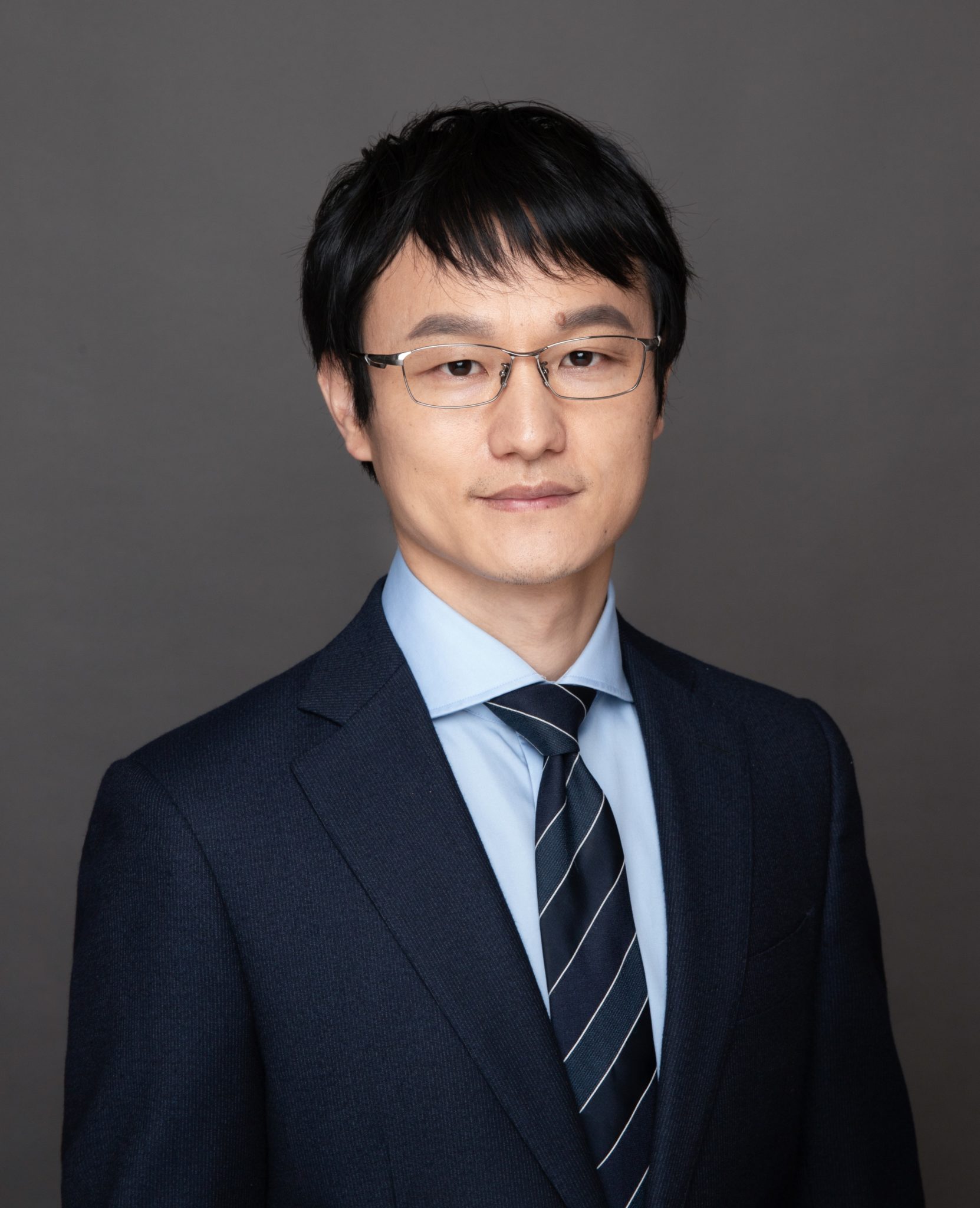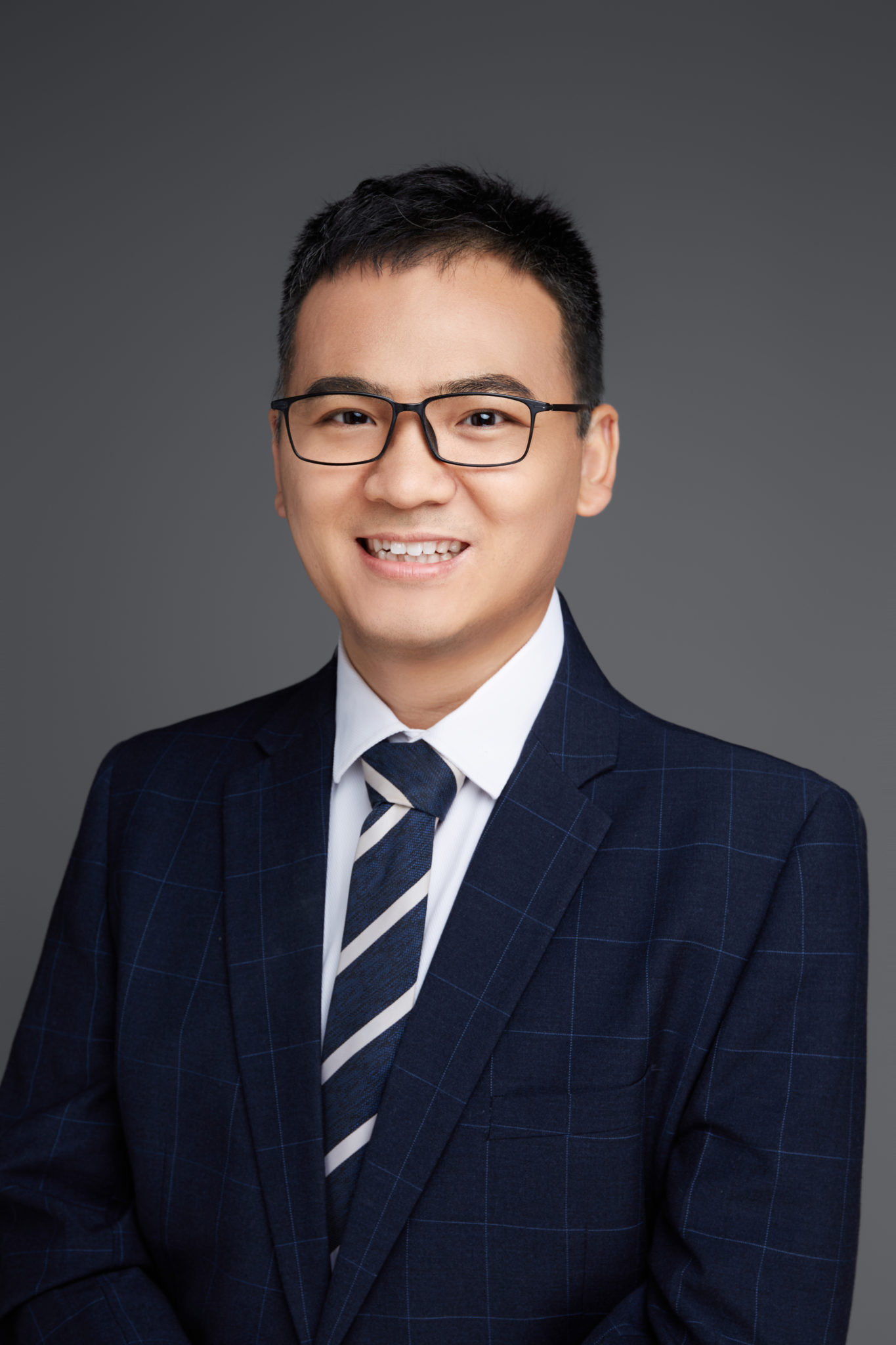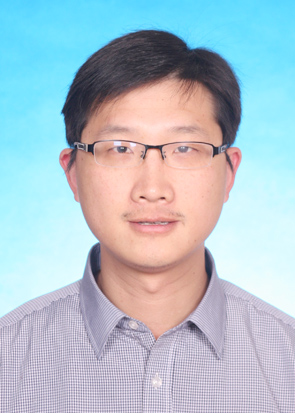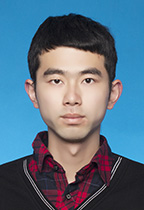Chair

Weida Hu
Weida Hu received his B. S. and M. S. degree in Material of Science from Wuhan University of Technology, Wuhan, China, in 2001 and 2004, respectively, Ph.D. degree (with honors) in Microelectronics and Solid-State electronics from the Shanghai Institute of Technology Physics, Chinese Academy of Sciences, in 2007, and the Royal Society-Newton Advanced Fellowship from Lancaster University, UK, from 2017 to 2020.
He is currently the head of State Key Laboratory of Infrared Physics, and a full professor (Principal investigator) on fabrication and characterization of infrared photodetectors, photodiodes, phototransistors and their smart chips in Shanghai Institute of Technology Physics, Chinese Academy of Sciences. He has authored or coauthored more than 200 technical journal papers and conference presentations, including Science, Nature Photonics, Nature Materials, Nature Nanotechnology, Nature Electronics, with the total citations of 23500 and h-index of 84 (Google scholar). He has been invited to contribute News & Views articles to Nature Materials and Nature Electronics, and Invited Review for Nature Communications. The papers he published have been selected as one of the “China’s Top Ten Optics Advances” three times, and as one of the “China’s Top Ten Semiconductor Research Advances” twice.
He received the National Science Fund for Distinguished Young Scholars in 2017, China Youth Science and Technology Award in 2019, National Science Fund for Excellent Young Scholars in 2013, and National Program for Support of Top-notch Young Professionals in 2015. He received Highly Cited Researcher (Clarivate) since 2022 and Highly Cited Chinese Researcher (Scopus) since 2020. He is also serving as the Editorial Advisory Board Member of Small, the Associate Editor of Infrared Physics & Technology, the Executive Editor of Optical and Quantum Electronics, the chair of Optoelectronic Devices Committee of IEEE Electron Devices Society, the chair of IEEE Shanghai Section NTC Chapter, the Distinguished Lecturers of IEEE Nanotechnology Council, the Co-Chair of Nanofabrication Technical Committee of IEEE Nanotechnology Council, and the Executive Chair of Earth & Space: from Infrared to Terahertz International Conference (ESIT).
Vice Chair

Jinshui Miao
Jinshui Miao joined Shanghai Institute of Technical Physics, Chinese Academy of Sciences (SITP-CAS) as a professor in 2020. Before joining SITP-CAS, he was a postdoctoral researcher at the Electrical and Systems Engineering of the University of Pennsylvania working with Professor Deep M. Jariwala since 2018. Jinshui Miao received his Ph.D. in Electrical Engineering from Michigan State University in May 2018 under supervision of Professor Chuan Wang. Jinshui Miao received his B.S. in Applied Physics and M.S. in Condensed Matter Physics from Shandong University (2011) and University of Chinese Academy of Sciences (2014, advisor: Weida Hu), respectively. Jinshui Miao’s work during his Ph.D. and postdoc pioneered in the field of using low-dimensional semiconductors for high-performance electronic and optoelectronic devices. He has published 28 papers with citations of more than 1300 (Google Scholar) since 2014. He served as co-chair of 2018/2019 IEEE international conference on nanotechnology, guest editors of IOP Nanotechnology and Frontiers in Physics, and journal reviewers of many SCI journals. His current research areas including bio-inspired infrared vision devices and systems, flexible infrared photodetectors, neural network infrared vision sensors, etc.
Vice Chair

Fang Wang
Fang Wang received her Ph.D. degree in Science from East China Normal University, Shanghai, China, in 2019, and B.S. degree in Electronics and Information Engineering from Donghua University, Shanghai, China, in 2010. She is currently a assistent professor in Prof. Weida Hu’s group in Shanghai Institute of Technical Physics, Chinese Academy of Sciences. Her research interests focus on mechanism and application of infrared photodetectors based on HgCdTe. She has received the CAS Special Research Assistant Program and Shanghai Sailing Program in 2020. She has authored or coauthored more than 20 technical journal papers including Science Advances, Advanced Materials, Light: Science & Applications, and Advanced Functional Materials.
Member

Changxin Chen
Changxin Chen graduated from Shanghai Jiao Tong University with a Ph.D. in microelectronics and solid-state electronics, and was named “Shanghai Excellent Graduate”, after graduation, he taught at Shanghai Jiao Tong University, served as a doctoral supervisor since 2011, and worked as a “postdoc” in the research group of Professor Hongjie Dai, academician of the National Academy of Sciences of Stanford University/foreign academician of the Chinese Academy of Sciences. He currently teaches at the Department of Micro-Nano Electronics, School of Electronic Information and Electrical Engineering, Shanghai Jiao Tong University. Mainly engaged in the preparation, regulation and technology of carbon-based and phosphorus-based nanomaterials and the construction, characteristics and mechanism of high-performance electronic and optoelectronic devices.
Member

Zhen Wang
Zhen Wang received his Ph.D. degree in condensed matter physics from Shanghai Institute of Technical Physics, Chinese Academy of Sciences, Shanghai, China, in 2020, and B.S. degree in material physics from Hubei University, Wuhan, China, in 2015. He is currently a postdoctor in Prof. Weida Hu’s group in Shanghai Institute of Technical Physics, Chinese Academy of Sciences. His research interests focus on the fabrication, mechanism, and application of low-dimensional materials (nanowires and two-dimensional materials) infrared photodetectors. He has received the Special Prize of President Scholarship of Chinese Academy of Sciences, postdoctoral innovative talents support program, CAS Special Research Assistant Program and Shanghai Sailing Program in 2021. He has authored or coauthored more than 20 technical journal papers, including Nature Electronics, Science Advances, Nature Communications, Advanced Materials, and Advanced Functional Materials.
Member

Peng Wang
Peng Wang, junior professor at Shanghai Institute of Technical Physics, Chinese Academy of Sciences. He received his Ph.D. degree in material science and engineering from Anhui University in 2018. His main research interest is focus on low dimensional materials, bulk materials and devices for infrared photodetections. He has published more than 20 first author and corresponding author SCI papers in Nature Communications, Science Advances, Advanced Materials, etc. He has also coauthored in more than 60 SCI papers, which has more than 4,000 times citations with h index of 33. He received the National Science Fund for Excellent Young Scholars in 2021, Youth Innovation Promotion Association CAS in 2021, China Association for Science and Technology Young Talents Promotion Project in 2020, Shanghai Sailing Program in 2019, Young Scientist Award of IEEE-ICOCN in 2019. He is serving as a member of Young Scientist Committee of Chinese Physics Letters, Chinese Physics B, Acta Physics Sinica and Physics. He is also serving as the Editorial Board Member & Guest Editor of Sensors.
Member

Hailu Wang
Hailu Wang received his Ph.D. degree in condensed matter physics from the Shanghai Institute of Technical Physics, Chinese Academy of Sciences, Shanghai, China, in 2022 and B.S. degree in new energy science and engineering from the Changshu Institute of Technology, Suzhou, China, in 2017. He is currently a postdoctor in Prof. Weida Hu’s group at Shanghai Institute of Technical Physics, Chinese Academy of Sciences. His research interests focus on the fabrication and characterization of infrared photodetectors based on low-dimensional materials, including nanowires and 2D materials. He has authored or coauthored more than 30 technical journal papers.
